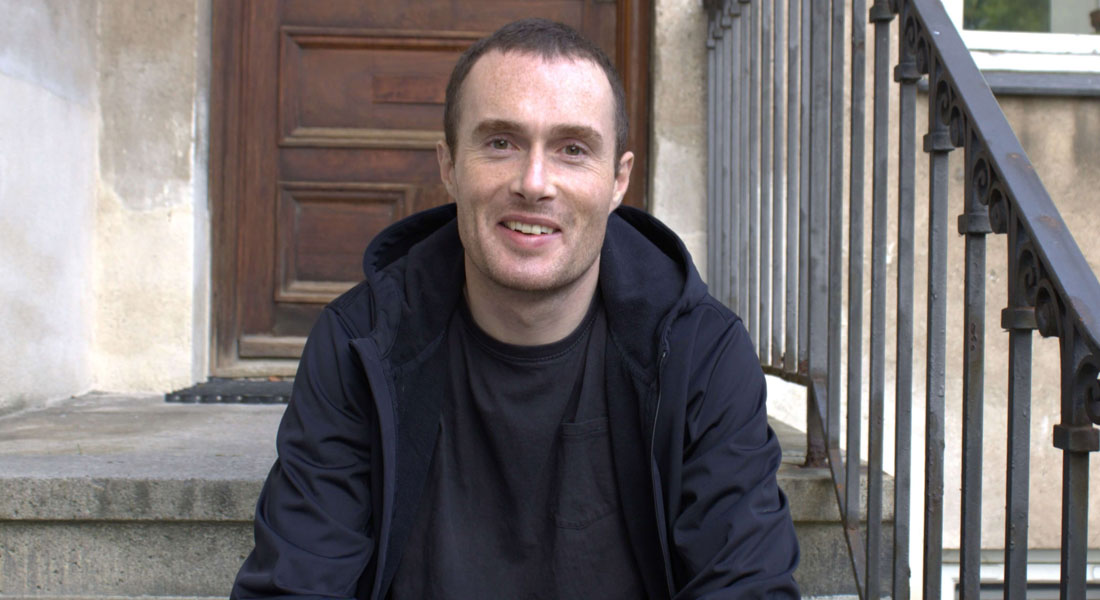The quantum potential of point defects
Recently we sat down with Jim Webb, Senior R&D Engineer at NQCP, to ask him 3 quick questions about his recent Villum Experiment Grant. The Villum Experiment Programme supports unorthodox ideas in their early phase.

1) What’s this project about?
One of the goals of NQCP is to develop new types of material systems that can host quantum states, primarily for quantum computing, but potentially also other applications including communications, metrology, and sensing. One way this can be achieved is by exploiting point defects, consisting of missing or additional atoms, within the material. These defect centers can host quantum states well suited for computation, but they can also be exquisitely sensitive to the environment.
Through the support of the Villum Foundation, this project will explore this sensing aspect, by generating, studying, and controlling such defects at the atomic scale. The goal is to solve key open questions in fundamental physics, including the nature of dark matter.
2) How will it work?
The types of materials and defects required cannot be bought off-the-shelf – they require high precision, high quality ultra-high vacuum synthetic growth, including aspects like isotopic purification and careful processing such as controlled irradiation. Denmark has strong capabilities to achieve this, using existing facilities at Copenhagen University, in collaboration with researchers at DTU and private industry.
To study defect generation and their quantum properties, we also need an array of highly specialized characterization tools. In particular, NQCP will host both a state-of-the-art atomic force microscope and 4-probe low temperature scanning tunneling microscope. Availability of these scanning probe techniques will allow us to probe down to the necessary atomic scale in advanced materials.
3) What do you hope will be the outcome of the project?
The hope is to develop technology capable of the extreme levels of sensitivity necessary to answer fundamental questions in physics. This could involve realizing a system of many millions of defect centers hosting quantum states acting in concert. In this respect, there is strong synergy with the quest for realizing a practicable quantum computer, which also demands such scale.
Recent advances in using defect centers for both computing and sensing in silicon, diamond, and 2D materials have driven great interest and substantial investment in this direction, and it would be great to see Denmark at the forefront of the development of these quantum technologies.
--
Villum Experiment is a grant from the Villum Foundation. It is awarded to research projects out of the ordinary that challenge the norm and have the potential to fundamentally change the way we approach important topics.
